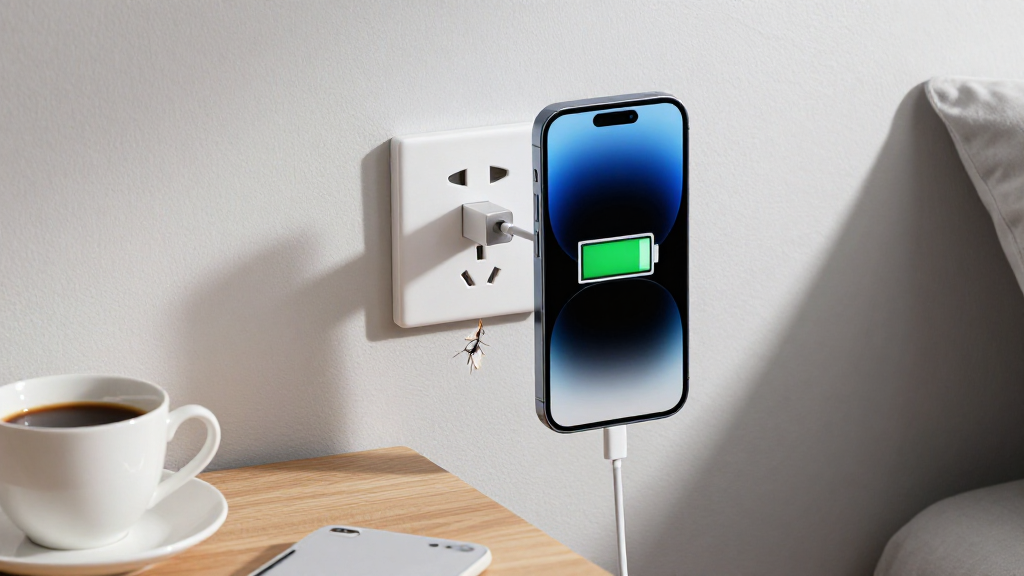Free PDF Guide:
GRAB ITFREE PTSD QUIZ
Watch out for these Mental Health Diagnosis TRAPS?
Important things they don't tell you when you seek mental health support from mental health services.

What's more important? A diagnosis or a practical solution?
in today's article I’ll reveal 4 mental health diagnosis traps that will cause you to Sacrifice the rest of your life and force you to live a mentally ill lifestyle.
What that means is that these traps destroy your emotional strength to cope and cause you to sacrifice your jobs, sacrifice your relationships, sacrifice your ambitions and sacrifice your goals in order to survive and get through life.
But to help you prevent that from happening to you… At the end of the video, I’ll be revealing the 4 essential steps you must take in order to avoid these mental health diagnosis traps.
So let’s return to that question...
What's more important? A diagnosis or a practical solution?
You might be in the camp that thinks...
How can you have a practical solution without a proper diagnosis?
Or you might be in the camp that thinks...
I don’t really care about the diagnosis as much as I do the solution. I just want to be fixed.
But before I tell you which camp is right or wrong, I’ll first breakdown these 4 mental health diagnosis traps that I have come across in the last 21 years of my mental health profession.
Trap no.1 The Subtle but brutal mental health misdiagnosis trap…
You see, many mental health problems tend to mimic each other. And because doctors rely heavily on how you describe your experience to give you a diagnosis, it can become rather difficult to distinguish one diagnosis form another. So, the doctor has to also rely on his intuition and experience to make a diagnosis.
The problem is that this has led to so many drastic mistakes across the years.
I have seen many people misdiagnosed and forced into early retirement, or put on permanent disability for the rest of their lives.
I've seen people diagnosed with Bipolar had their lives ruined. Only to find out after 15, 20 years that they really just had Major Depression and the antidepressants they were given was what triggered their manic episodes. They stopped taking antidepressants and their bipolar disappeared.
But that was after a big part of their lives had been wasted. It is simply murderous! These doctors steal years from you. years you can never get back, they move on with their lives, enjoying their career whilst you are left chained to the repercussions of their mistakes.
Trap no.2: The overgeneralized mental health diagnosis trap.
Most diagnosis tends to generalize people into categories.
There are so many umbrella terms that broadly cover a whole multitude of conditions.
Personally, I feel it is unfair to be referred to solely as anxious depressed or agoraphobic when every single experience of depression, anxiety and agoraphobia is different.
Really for most people, these are all just symptoms of a larger condition.
Because someone is given a diagnosis of agoraphobia does not mean that their problem is as simple as "I cannot go out" there is so much more to it than that…
Sure, the diagnosis can give professionals a good sense of direction, but I believe I did not fully understand emotional difficulties until I began looking beyond the diagnosis.
I feel all mental health professionals need to take adequate time to listen and understand each person’s problems for themselves before attempting to help heal rather than simply looking at the headline diagnosis and thinking they get it.
Trap no.3: The shoe honing mental health diagnosis trap
A common big problem I have found with a mental health diagnosis is that once you get given one, almost every other professional you come across just overlook other important issues you have.
So, you could have a physical health problem that is the root cause of your mental health problem they are treating.
You are treated as if all your problems are psychological even though you have physiotherapists or osteopaths or other physicians telling you that you may have a physical health problem that may be promoting mental health issues.
Despite this your Doctor still refuses to send you for adequate tests, because they believe all your concerns are just in your head.
It can be really frustrating.
There needs to be a wholistic perspective to mental health diagnosis.
You don't need someone somewhere who hardly knows you concluding that your problem is purely psychological, and shoehorning you into a corner for the rest of your life.
Trap no 4: The misguided faith in mental health diagnosis trap
This trap occurs because If you've known for years that something is not right with you. And you have never been able to put a finger on it. Knowing what you are suffering from can provide that light bulb moment of clarity. You get a boost of hope that you finally have a medical name for what you are going through.
And that label can allow you to research the illness for yourself, help you find other similar people to talk to so you don't feel alone and may even give you hope of getting your life back.
But the problem with this is that for most people I have met, this was where their progress stopped.
It was as if their doctors felt that once they had come to a diagnosis, the job was done so they were then left to fend for themselves. The sad truth is that a diagnosis without an adequate treatment plan would eventually leave you stuck after the initial high of finally finding a name for what you are experiencing.
You still need professional guidance and practical solutions that can get you back to wellness and give you your life back.
And now to help ensure that you’ll never fall for any of these mental health diagnosis traps, here are the 4 essential steps you must take in order to avoid them.
Step 1: Eradicate potential diagnosis mistakes
Most people don't realize that they do not have to settle for one doctor’s opinion. You can get a second, a third and a fourth opinion.
The benefits of this is that it enables you to feel confident in the diagnoses and plan. Because if four doctors, psychologists, psychotherapists all come up with the similar diagnoses and similar treatment plans. There a greater chance that the diagnosis is correct.
So, make sure you request for at least one more doctor’s opinion...
Step 2: Draw out a clear pathway that ensures forward progression.
Now that you know your diagnoses, what changes do you need to make to help you move towards consistent mental well-being?
Ask to have this stated clearly. If possible, in a step-by-step format. Granted this might change as time goes on but it's good to have something to work towards.
As an example, a forward plan for depression might look something like this...
We will first start you on some antidepressants to help you feel some energy and motivation. Then we will engage you with behavioural activation to help you bring back structure to your day. At that this will help you work on stopping negative thinking cycles which should then help you feel more positive about life. Then we will engage you in confidence building and problem-solving strategies.
Step 3: Be aware of potential obstacles to your progress
As you start on the road towards mental wellness, you are going to come across some obstacles. It helps to be pre-warned so that when these obstacles occur, they don't discourage you and derail your progress.
A common obstacle people encounter are ignorant family members who place expectations on you that you can to meet at certain moments of your recovery.
Another common obstacle is people don't often expect that in most cases progress requires repetition of strategies. So, you'll be needing to do things over and over and over before they stop being a problem. For example, you may need to practice distracting yourself from negative thoughts repeatedly because they keep coming back. If you are not aware that it's natural for negative thoughts to keep returning, you will feel like there something wrong with your abilities and give up before experiencing the gains from all your hard work.
And the final tip to prevent falling for the mental health diagnoses trap is…
Step 4: Make sure you measure your progress.
The benefits of doing this are countless. I'll name a few. If you don't measure your progress, you're bound to feel disappointed that your progress towards getting better is stagnant.
Unfortunately, while you’re still in recovery, it's extremely difficult to be objective with your self-assessment. You will only see the negatives and naturally discount the positives. And in a strange way this discourages you making you feel depressed keeping you in the negative cycle that then feeds it down word spiral.
But if you measure your progress, you begin to see tiny movements forward that encourages you that the actions you are taking are helping you to get closer to your goals. This creates the positive spiral that you need to motivate yourself to keep at it. And can be the glimmer of hope you need to keep yourself making progress.
In addition, measuring the progress helps you know if certain steps you are taking are not working so that you can change the course of action and not waste too much time doing the wrong things.
You can do it…
These are the four steps. Sadly if you ignore them, you will have a greater chance of falling for one of the four mental health diagnosis traps that I have listed today, however if you proactively follow these four steps, I can guarantee you that you will find that your road to recovery will feel a lot smoother and a lot faster.





